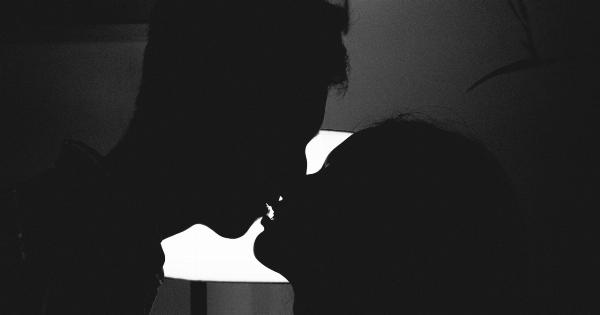Darkness Unleashed was a psychological experiment conducted in the 1970s by social psychologist Philip Zimbardo. The experiment was designed to investigate the effects of power and authority on human behavior.
The participants were randomly assigned roles of prisoners and guards and were placed in a simulated prison environment. The experiment was supposed to last for two weeks, however, it was ended after only six days due to the extreme and abusive behavior exhibited by the guards towards prisoners.
The Participants
The participants of the experiment consisted of 24 male college students who were chosen for their psychological stability and good health. The participants were randomly assigned roles of prisoners and guards.
The prisoners were arrested by real police officers and were brought to the prison. They were given a uniform to wear and were referred to by a prison number instead of their name. The guards, on the other hand, were given a uniform as well as a billy club and were instructed to maintain order in the prison.
The Simulation
The simulated prison environment consisted of a corridor with three small rooms on either side. The rooms were empty except for a cot and a few other basic necessities. The doors of the rooms were made of steel bars and there were no windows.
The prison was equipped with cameras which were watched by the researchers in a separate room. The guards worked in shifts of eight hours each, with three guards working at a time. The prisoners were confined to their cells for 24 hours a day and were only allowed out for meals, visits to the toilet, and for exercise.
The Results
The experiment was originally designed to last for two weeks, however, it was ended after only six days due to the extreme and abusive behavior exhibited by the guards towards prisoners.
After only a few days, the guards become increasingly authoritarian and aggressive towards the prisoners. They used psychological tactics to break down the prisoners’ sense of identity and autonomy.
The prisoners, on the other hand, started to show signs of extreme stress, anxiety, and depression. They lost their sense of identity and became depressed and withdrawn. Some prisoners exhibited symptoms of acute emotional disturbance.
One prisoner experienced a mental breakdown and had to be released from the experiment early.
The experiment showed that people in positions of power tend to abuse their authority when given the opportunity. The guards in the experiment became increasingly aggressive towards the prisoners because they were given the power to do so.
The prisoners became submissive and depressed because they were stripped of their autonomy and sense of identity.
The Ethics of the Experiment
The experiment raised a lot of ethical concerns. The participants were subjected to extreme stress and psychological distress.
The participants were also not informed of the true nature of the experiment and were not given the opportunity to withdraw from the experiment. The experiment was also not properly overseen by an ethics committee, which raised concerns about the safety of the participants.
The Legacy of the Experiment
Despite the ethical concerns surrounding the experiment, it has been widely cited and replicated in subsequent research. The study demonstrated the power of situational factors in shaping human behavior.
It has challenged the traditional view of personality, which suggests that behavior is driven by stable, enduring traits. Instead, the study suggests that behavior is influenced by environmental factors, such as power, authority, and role expectations.
Conclusion
The Darkness Unleashed experiment conducted by Philip Zimbardo remains a landmark in the study of psychology. The experiment demonstrated the power of situational factors in shaping human behavior.
It challenged traditional views of personality and has had a lasting impact on our understanding of human behavior in a social context.




























